How Long Do Catalytic Converters Last? – How to Extend The Life
A catalytic converter is an important component of any vehicle. If you are here, then chances are you already know that. However, there is so much more to know beyond the surface. Also, since a catalytic converter is a fairly expensive contraption, every car owner is concerned when it comes making one last as long as possible.
Not only this, but the performance is also an important factor, therefore, extending the life of a catalytic converter while keeping it in mint condition can be a little tricky. However, it is not impossible as the follow section iterates. Keep reading if you are wondering how long do catalytic converters last and how to keep them as such.
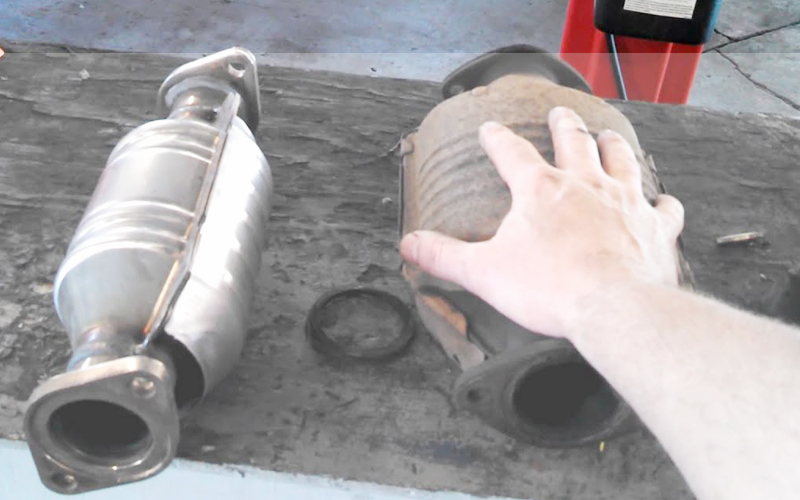
Importance of Catalytic Converters
There are various functions of catalytic converters or ‘cat’ for short. In simpler terms, it is mainly used to convert toxic gases produced through combustion in the engine. It converts these gases i.e., Carbon Monoxide to harmless gases such as Carbon Dioxide upon emission. This protects the environment and prevents the car’s engine from getting clogged up. The model of a catalytic converter is simple enough.
However, there are several functions and reactions taking place in it simultaneously. The most harmful chemicals that are dealt with in a catalytic converter include Carbon Monoxide, Nitrogen Oxides, and Hydrocarbons.
Naturally, these gases are extremely harmful. For instance, Nitrogen Oxides includes nitrates such as nitric acid, nitrous oxide, and nitric oxides, etc. These alone causes a whole slew of problems that range from the production of smog, acid rain condensation, deteriorating quality of water that stems from chemical imbalances, and extreme climate change due to the greenhouse effect brought about by these various gases.
Moreover, if we consider the effects of untreated hydrocarbon emissions, the list includes the standard pollutants (smog) along with being a leading cause for health defects. These can include congenital disabilities and can even prove to be fatal.
Related Post: Driving With a Bad Catalytic Converter
Why is it necessary to replace old/faulty catalytic converters?
Now that the importance of catalytic converters is clear, it has probably become fairly evident why we need to stay on top of having faulty catalytic converters replaced. First of all, there is the legal factor to consider.
As of the last 35 years, every on the road is required by law to have a catalytic converter. The penalty for any offenders is severe, and there are no exceptions in any state. There are newer models of converters on the market regularly to keep up with the changing standards of pollution/smog regulations.
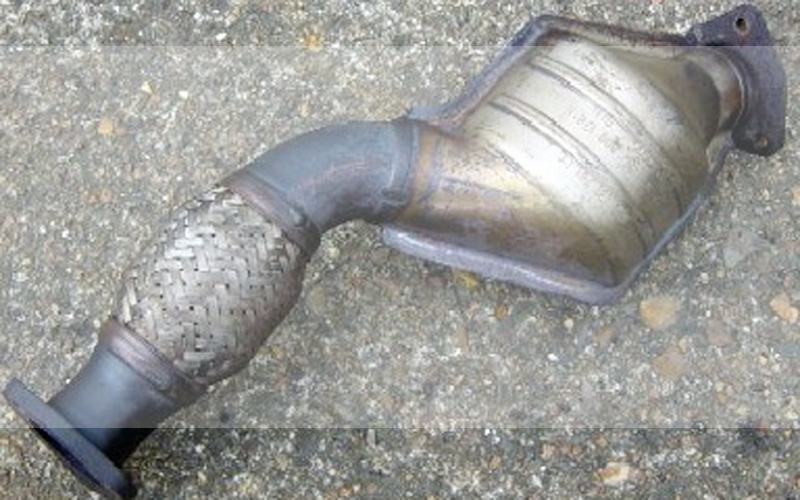
Also, there is the matter of performance. It is quite understandable that a faulty catalytic converter will not work as efficiently as a newer model. It is also possible that it may be clogging up your engine, which can lead to several other long term damages. Although a catalytic converter is a one-time investment for the most part and stays with you for the long term, there are a few factors that lead to damage. These include the deposition of leaded fuel or other harmful additives that cause the surface of the catalytic converter to become essentially unusable.
How long does a Catalytic Converter last for?
Typically a catalytic converter can last up to a good ten years. It is not something that needs to be replaced frequently unless it is necessary. This is mainly when the converter itself gets damaged. The main causes for damage include overheating, clogging, or contamination by fluids in the engine. There is also a likelihood of physical damage which can occur if your vehicle undergoes any physical trauma.
Although there are several different models and types of catalytic converters on the market, most existing models work well and can last you a good while before they need to be replaced. In most cases, a converter can pretty much last as long as your vehicle itself.
Related Post: How to Unclog a Catalytic Converter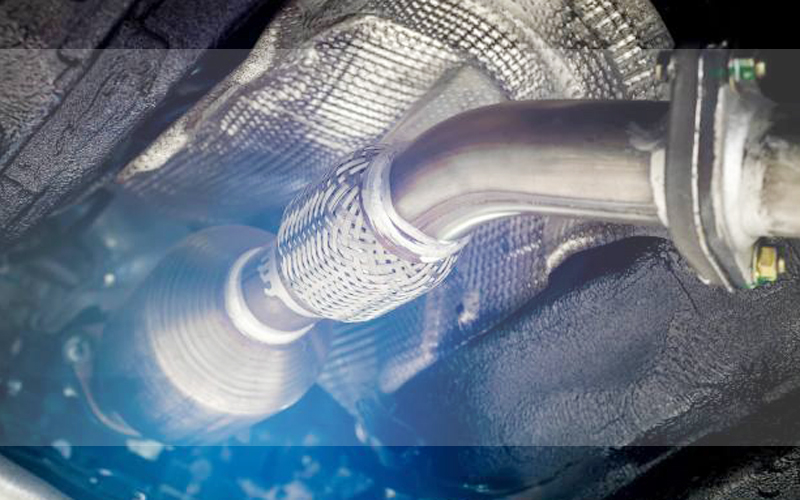
How to extend the life of a catalytic converter?
Although a catalytic converter is a fairly heavy-duty piece of equipment, there are always measures that you can take to keep it working efficiently for a long period. These include some routine steps and preventive measures that are truly effective.
The first of these steps is to take your vehicle for regular checks at your local garage. Just as a regular physical exam is important for humans, the same is required for cars. Make sure that the garage you take your car to uses thorough testing to ensure that all components of your car, including the catalytic converter, are functioning properly. This is also important if you want to avoid getting scammed because a converter is fairly expensive, and not everyone is fully qualified to deal with it.
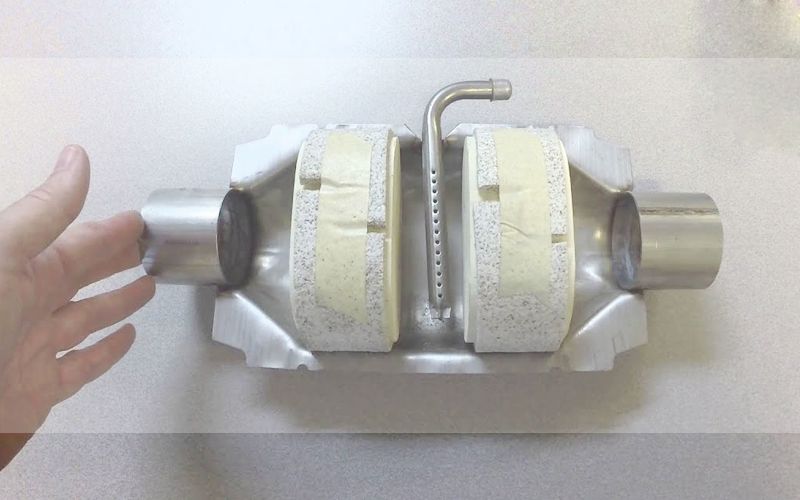
Other than that, it is best that you stick to unleaded fuel as it is more compatible with catalytic converters. Leaded fuel can deposit on the converter and cause it to clog up and become deactivated. Therefore fuel choice is really important in this case. While we are on the subject of fuel, it is also imperative that you try to keep a full tank at all tank. This is because low fuel or an empty tank can affect the performance of a catalytic converter as well. Avoid going on terrain that may damage the surface underneath your car; this can even cause the catalytic converter physical damage.
If you are experiencing some car breakdown, do not under any circumstances use bump-start to restart your car. Instead, opt for jumper leads or cables because they do not have any adverse effects on your converter.
Conclusion
There is a multitude of different aspects to consider when it comes to taking care of your catalytic converter. On top of that, you have to be mindful to have it repaired or replaced if the need arises to keep yourself and your vehicle from harm.
Share this content:
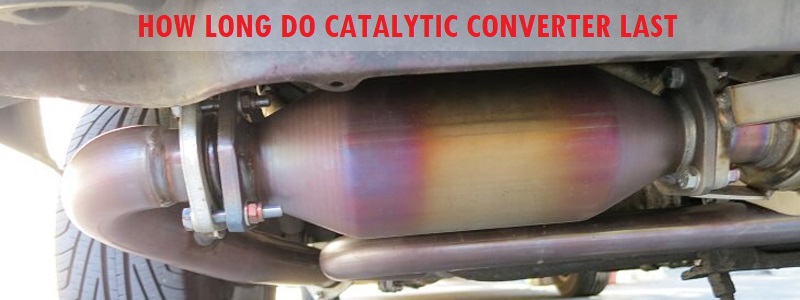





Post Comment